Tax Troubles? How Bankruptcy Might Help You
Are you facing the daunting prospect of dealing with tax debts? You’re not alone. Many individuals find themselves in a financial bind due to unpaid taxes. The good news is that bankruptcy can sometimes provide a lifeline, helping you get a fresh start. In this blog post, we’ll explore the possibility of discharging income taxes in Chapter 7 and Chapter 13 bankruptcy, with some real-life examples to illustrate these concepts. Remember, though, this is for informational purposes only and not legal advice.
Understanding the Basics
Before we dive into real-life examples, it’s essential to grasp the basics of how tax discharge works in bankruptcy. In general, there are specific criteria that must be met for tax debts to be dischargeable:
- The Three-Year Rule: The tax return related to the debt must have been due at least three years before you filed for bankruptcy.
- The Two-Year Rule: You must have filed the tax return at least two years before filing for bankruptcy.
- The 240-Day Rule: The IRS must have assessed the tax debt at least 240 days before you file for bankruptcy.
- No Fraud or Willful Evasion: The tax debt cannot be associated with fraud or willful evasion.
Now, let’s delve into some real-life scenarios to see how these rules apply.
Example 1: Sarah’s Second Chance
Sarah, a resident of Lewiston, Idaho, had fallen behind on her federal income taxes. She decided to file for Chapter 7 bankruptcy in 2022. Her tax debts were from the 2019 tax year, and she filed her tax return promptly. The IRS had assessed her debts more than 240 days ago, and there was no fraud involved. As a result, Sarah’s tax debts from 2019 were eligible for discharge in her Chapter 7 bankruptcy, providing her with a fresh financial start.
Example 2: Mike’s Chapter 13 Strategy
Mike, a referring attorney in the Eastern District of Washington, was working with a client named John. John had substantial tax debts and wanted to avoid losing his assets. Mike suggested filing for Chapter 13 bankruptcy, which allows for a repayment plan. John’s tax debts from 2018 met the criteria for discharge, and he could include them in his Chapter 13 plan. Over five years, John successfully repaid a portion of his tax debts and kept his assets intact.
Remember, It’s Not Always a Guarantee
While these examples highlight potential scenarios for discharging tax debts, it’s crucial to remember that bankruptcy is a complex legal process. The outcome can vary depending on your unique circumstances, the type of taxes owed, and the specific rules in your jurisdiction.
Consulting with an experienced bankruptcy attorney like Tecla Druffel, who serves clients in Idaho and the Eastern District of Washington, is essential. Tecla can evaluate your situation, guide you through the process, and help you determine the best course of action.
In conclusion, discharging taxes in bankruptcy is possible, but it’s not a one-size-fits-all solution. Real-life examples show that it can provide relief to individuals struggling with tax debts. However, every case is unique, so it’s vital to seek professional advice.
Remember, this blog post is for informational purposes only and should not be considered legal advice. If you’re facing tax-related challenges, reach out to Tecla Druffel, a bankruptcy attorney with experience helping clients just like you.
